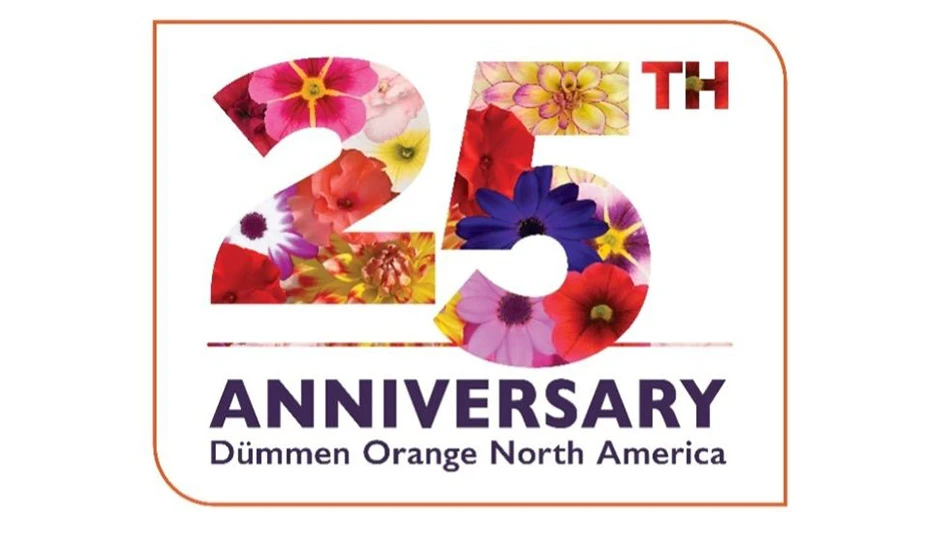Athens Select program to end this year The Athens Select Marketing Association has decided to suspend the Athens Select program after the 2011 growing season. Athens Select, was founded in 1999 by John Rader of EuroAmerican Propagators, Kerstin Ouellet of Pen & Petal and University of Georgia horticulture professor Allan Armitage. The Athens Select Marketing Association has decided to suspend the Athens Select program after the 2011 growing season. Athens Select, was founded in 1999 by John Rader of EuroAmerican Propagators, Kerstin Ouellet of Pen & Petal and University of Georgia horticulture professor Allan Armitage.The program is a collection of heat- and humidity-tolerant plant varieties selected by Armitage at the university’s trial gardens. The program introduced some popular plants, including the Prince and Princess pennisetum series. The plants were propagated from virus-indexed stock by members of the Athens Select Marketing Association. Licensed North American propagators are Botany Lane Greenhouse, Dupont Nursery, Emerald Coast Growers, EuroAmerican Propagators, Hilltop Greenhouse, James Greenhouses, Magnolia Gardens Nursery, and Les Entreprises Normand Tellier. Members of the Athens Select group decided that after 2011, they would phase out the program. Armitage’s retirement, as well as the time required to successfully manage the program, led to the decision to terminate the program. Several currently licensed propagators will continue to carry Athens Select varieties, but not under the Athens Select brand. Many of the Athens Select varieties that were included in the Southern Living Plant Collection will continue to be propagated and marketed to retailers under the brand name Southern Living Plant Collection. For more: Athens Select, www.athensselect.com IRS increases mileage rate Internal Revenue Service has increased the optional standard mileage rates for the final six months of 2011. Taxpayers may use the optional standard rates to calculate the deductible costs of operating an automobile for business and other purposes. The rate has increased to 55.5 cents a mile for all business miles driven from July 1, 2011, through Dec. 31, 2011. This is an increase of 4.5 cents from the 51 cent rate in effect for the first six months of 2011, as set forth in Revenue Procedure 2010-51. In recognition of recent gasoline price increases, the IRS made this special adjustment for the final months of 2011. The IRS normally updates the mileage rates once a year in the fall for the next calendar year. The new six-month rate for computing deductible medical or moving expenses has also increased by 4.5 cents to 23.5 cents a mile, up from 19 cents for the first six months of 2011. For more: IRS, www.irs.gov/pub/irs-drop/a-11-40.pdf. National Garden Bureau, the non-profit organization that promotes gardening on behalf of the horticulture industry, has announced the three crops it will feature in its 2012 “Year of the” program. For annual flowers, it will be geranium. For vegetables/edibles, it will be herbs, which will be promoted in partnership with the Herb Society of America. For the first time NGB is including a perennial in the program, which will be heuchera. Later this summer, the NGB website will host photos of numerous varieties of all three crops, provided by its members. This fall, NGB will post online pdf fact sheets, flyers, handouts, signage etc. Both the photos and POP materials can be downloaded at no charge from the website. Announcements about the plants to garden writers will begin at the Garden Writers Association Symposium, August 26-29, in Indianapolis. Consumer publicity will begin in January 2012. For more: National Garden Bureau, www.ngb.org.  What Americans want on labels What Americans want on labelsResults of the Eco Pulse survey released by Shelton Group, an advertising and research company in Knoxville, Tenn., finds Americans most want to see “Natural,” “Organic” or “Grown in the USA” on food labels. Asked “Which is the best description to read on a food label?”, 25 percent of consumers said “100 percent natural” or “All natural.” Another 24 percent said “USDA Certified Organic” or “100 percent organic.” Seventeen percent preferred “Grown in the USA.” For more: Shelton Group, www.sheltongrp.com. .jpg) Powdery mildew on verbena.Photo by Mary HausbeckBe on the lookout for powdery mildew Powdery mildew on verbena.Photo by Mary HausbeckBe on the lookout for powdery mildewPowdery mildew epidemics can occur without warning, report Michigan State University plant pathologists Mary Hausbeck and Blair Harlan. They said depending on how the disease is managed, will determine if it has minimal impact or results in complete crop loss. The white talcum-like growths, or colonies, are initially small but can rapidly blight the leaves, stems and flowers of susceptible crops. Some powdery mildews are caused by Erysiphe cichoracearum, which can infect many different annual and perennial flowers. Powdery mildew can infect plants even when the relative humidity is low, but epidemics are prompted when relative humidity is high. Sometimes the powdery mildew progresses unnoticed until many plants are infected. Growing crops susceptible to powdery mildew can be a challenge, and fungicides have typically played a key role. Powdery mildews have been known to genetically adapt to overcome some of the most effective fungicides. Some plant species, including gerbera, verbena and begonia are very susceptible and should be sprayed more frequently with the most effective fungicides. Other plant species may not need frequent applications, but should be scouted regularly for signs of the disease. For more: Mary Hausbeck, Michigan State University, Plant Pathology Department, (517) 355-4534; hausbec1@msu.edu. |

Explore the August 2011 Issue
Check out more from this issue and find your next story to read.
Latest from Greenhouse Management
- Flexible fungicides
- Super Charged Moon Juice from Moon Valley Nurseries now available nationally
- 2025 Proven Winners Horticulture Scholarship applications now open
- How to improve inventory and shipping management in the greenhouse
- Leading Women of Horticulture: Anna Ball, Ball Hort, and Terri McEnaney, Bailey Nurseries
- GM CEA HERB Part 2: A guide to increasing the sowing density of culinary herbs
- GM CEA HERB Part 1: Best practices for producing culinary herbs in controlled environments
- USDA fires experts on invasive pests, including Asian citrus psyllid, chilli thrips





